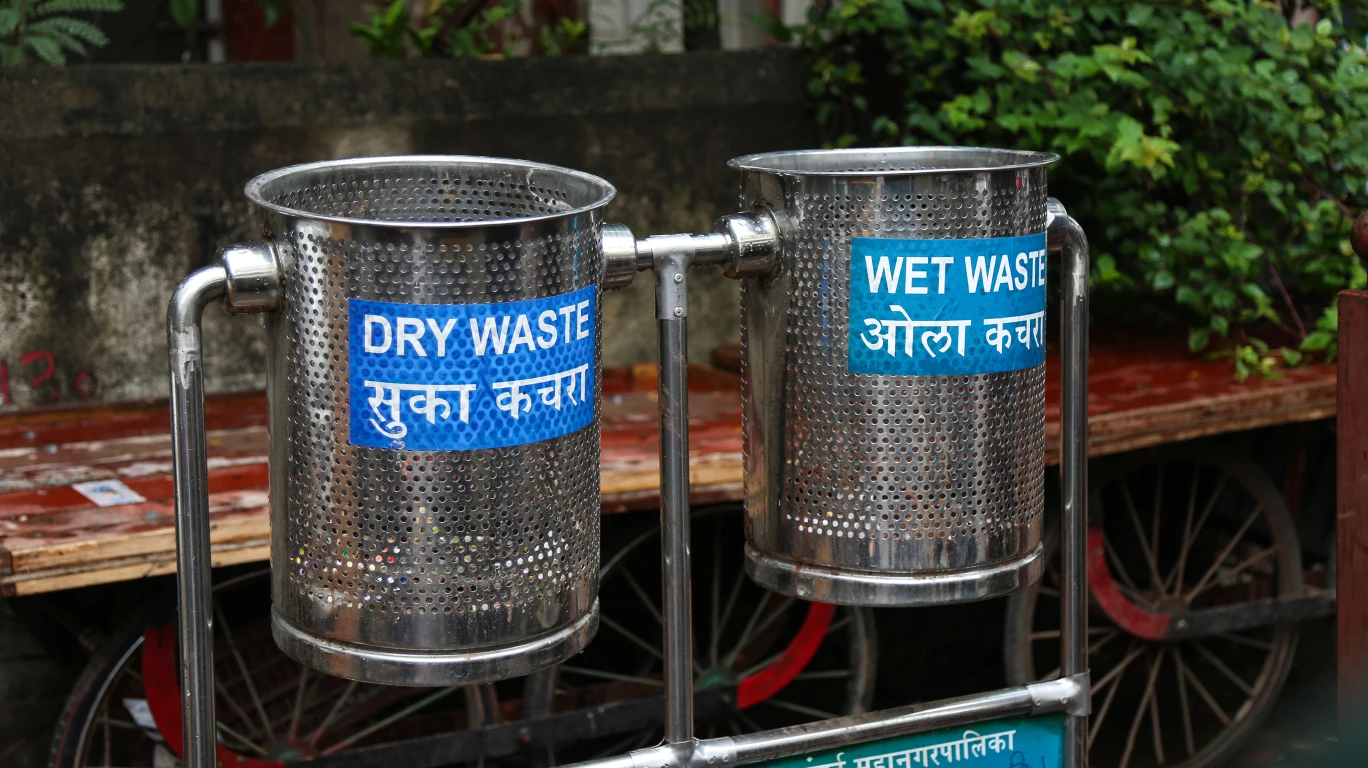Mumbai’s cleanliness infrastructure, the Brihanmumbai Municipal Corporation (BMC) has proposed a user fee for solid waste collection in its draft sanitation byelaws for 2025. The move, which has been flagged as a significant change in the city’s waste management practices, aims to generate an estimated ₹600-700 crore in revenue.
Under the new bylaws, the fee structure will vary based on the built-up area (BUA) of residential properties, with different rates applying to commercial establishments as well.
As per the draft, residents of flats with a built-up area of up to 50 square metres will be charged ₹100 per month, while those with a BUA between 50 and 300 square metres will incur a ₹500 fee. For homes with a built-up area exceeding 300 square metres, the charge will rise to ₹1,000 per month. Commercial entities, ranging from guesthouses and restaurants to offices, clinics, and industrial units, will also face this fee, which marks the BMC’s broadening of its waste collection model to include diverse stakeholders.
This user fee proposal, first outlined in the civic budget for FY2025-26, is part of the BMC’s wider effort to streamline waste management and improve overall sanitation. The move is also in line with the city’s long-term goal of reducing its environmental footprint, contributing to cleaner, more sustainable urban living. The BMC intends to introduce these changes after legal clearance from the civic body’s legal department earlier this month. The BMC aims to raise a substantial portion of its solid waste management budget through this new initiative. By charging residents and commercial establishments, the BMC hopes to create a more equitable system where the cost of waste collection is shared by all stakeholders, directly tying the fee to the amount of waste generated.
Alongside this innovative user fee model, the draft byelaws propose an increase in penalties for various civic offenses. Littering, public urination, spitting, and defecation by pets, for example, will now attract fines ranging from ₹1,000 to ₹20,000, depending on the offense. A new penalty for washing vehicles in public spaces, a nuisance often seen in high-traffic areas, has also been introduced, which will carry a ₹500 fine. These increased fines are designed to discourage public indiscipline and foster a more disciplined urban environment.
One of the most noteworthy changes in the draft byelaws is the shift from merely waste collection to an integrated waste reduction and segregation strategy. The new bylaws mandate that bulk waste generators—such as large housing societies, commercial complexes, and industrial establishments—take responsibility for processing their waste on-site. This includes mandatory segregation of wet, dry, and hazardous waste, with the BMC collaborating with recycling agencies to ensure proper disposal. Additionally, housing societies and businesses will be required to implement decentralized waste processing units. The focus will be on composting biodegradable waste at the source, which not only reduces the burden on municipal waste processing facilities but also contributes to a greener environment. These reforms aim to tackle both the volume and environmental impact of waste generation while encouraging sustainability at the grassroots level.
The city’s ongoing battle with waste management has led to increased calls for stricter regulations, as highlighted by the recent audit report from the Comptroller and Auditor General (CAG), which noted inefficiencies in the current waste collection systems. The BMC’s proactive approach in overhauling its sanitation bylaws, including the introduction of penalties for improper waste disposal and stricter enforcement of public cleanliness, signals a stronger commitment to environmental sustainability. While the proposed sanitation byelaws aim to be a comprehensive solution, there is an emphasis on accountability and public participation. Citizens will be encouraged to actively engage in waste segregation and recycling efforts, with additional provisions ensuring the proper handling of hazardous materials. The BMC has also established special teams to monitor compliance, particularly in high-traffic areas, while introducing community service as a form of punishment for civic violations. The new provisions, coupled with a phased rollout of the sanitation byelaws, are set to take effect after a public consultation period. Suggestions and objections from citizens will be accepted from April 1 to May 31, 2025, ensuring that the final draft is inclusive and takes into account public opinion.
The BMC’s proposed sanitation byelaws reflect a modern approach to urban waste management, with an emphasis on sustainability, public participation, and stricter enforcement. If implemented, these measures could not only contribute to a cleaner and more sustainable Mumbai but also set a precedent for other Indian cities grappling with similar waste management challenges.


